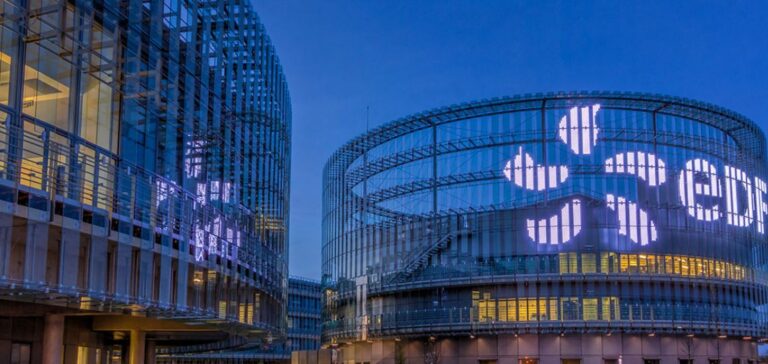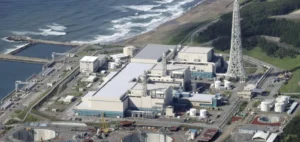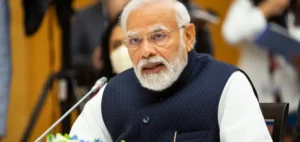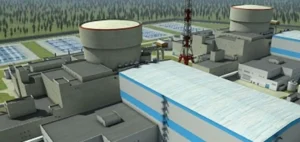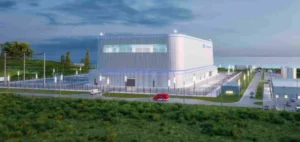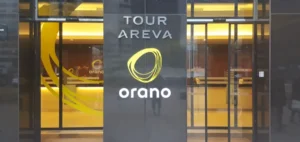EDF has announced an upward revision of its nuclear production estimates for the coming years. The group now expects production to range between 350 and 370 terawatt-hours (TWh) for 2025, 2026 and 2027, incorporating the contribution of the EPR of Flamanville 3, which was connected to the grid on December 21 despite a 12-year delay in its initial schedule.
Revision of Estimates
Previous forecasts ranged between 335 and 365 TWh for 2025 and 2026. The new range reflects the anticipated impact of the grid connection of the EPR.
Production Data and Context
In 2024, nuclear production in France reached 361.7 TWh, establishing a net electricity export record of 89 TWh. This production level was favored by a decrease in domestic consumption, a direct consequence of energy sobriety measures and challenges in the electrification of certain usages.
EDF experienced a significant drop in 2022, with production falling to 279 TWh – the lowest level in 30 years – which forced France to import electricity for the first time in 42 years. In 2023, production rebounded with a 15% increase compared to 2022, reaching 320.4 TWh.
Evolutions and Prospects
These figures demonstrate the volatility of the nuclear sector in France while illustrating EDF’s efforts to adjust its production forecasts. The integration of the Flamanville 3 EPR is a central element of this strategy, potentially contributing to a notable improvement in energy balances in the medium term.
The published data provide a factual insight into the evolution of the nuclear market, focusing solely on verifiable indicators and concrete facts without any promotional or subjective interpretations.


